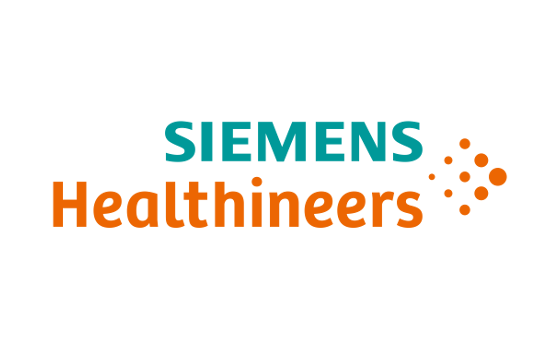 Siemens Healthineers opened a new Ultrasound manufacturing facility in Košice, Slovakia, its first in Europe, with an initial capacity of up to 120 systems per week. The company will use this new facility to expand manufacturing capabilities for its ultrasound products, including the Acuson Sequoia and the Acuson Redwood. These products can have a significant impact on how clinicians treat and monitor their patients.
Siemens Healthineers opened a new Ultrasound manufacturing facility in Košice, Slovakia, its first in Europe, with an initial capacity of up to 120 systems per week. The company will use this new facility to expand manufacturing capabilities for its ultrasound products, including the Acuson Sequoia and the Acuson Redwood. These products can have a significant impact on how clinicians treat and monitor their patients.
The facility in Košice will manufacture some portion of all general imaging and cardiovascular ultrasound systems and will supplement additional manufacturing facilities in Asia and the United States. The additional manufacturing facility will allow for a reduction of carbon emissions by more than 90 percent by ground shipping products to customers in Europe instead of via air freight from Asia.
"Being able to have products produced much closer to our customers in Europe, Middle East and Africa is hugely important, especially after all the shipping and supply chain challenges of the last couple of years. We need to be able to deliver what our customers need, when they need it, and this new facility allows us to do this in a much more agile way. We have had great success with our Research and Development facility in Košice and are excited to expand even more by adding manufacturing and other capabilities," says Ajay Gannerkote, president of the Ultrasound business area of Siemens Healthineers.
More than 30 new jobs have been created at the facility, while 300 more Siemens Healthineers employees are located in an office in downtown Košice. In Slovakia as a whole, over 800 employees are now working for Siemens Healthineers in offices in Bratislava, Žilina and Košice.
"The great advantage of Acuson Redwood is primarily its versatility, easy handling and mobility. It offers superior imaging capabilities for specialist departments as well as general radiology within a single hospital. From the patient's point of view, there is also a benefit in its quiet operation and in reducing the need for invasive procedures," says prof. MUDr. Gabriel Valočik, PhD, Head of the 1st Cardiology Clinic at the Faculty of Medicine UPJŠ and ESICD in Košice.
A ribbon-cutting ceremony was held at the facility, attended by Siemens Healthineers employees and executive leadership, along with local officials and management.
About Siemens Healthineers
Siemens Healthineers AG (listed in Frankfurt, Germany: SHL) pioneers breakthroughs in healthcare. For everyone. Everywhere. As a leading medical technology company headquartered in Erlangen, Germany, Siemens Healthineers and its regional companies are continuously developing their product and service portfolio, with AI-supported applications and digital offerings that play an increasingly important role in the next generation of medical technology. These new applications will enhance the company's foundation in in-vitro diagnostics, image-guided therapy, in-vivo diagnostics, and innovative cancer care. Siemens Healthineers also provides a range of services and solutions to enhance healthcare providers' ability to provide high-quality, efficient care. In fiscal 2022, which ended on September 30, 2022, Siemens Healthineers, which has approximately 69,500 employees worldwide, generated revenue of around €21.7 billion and adjusted EBIT of almost €3.7 billion.